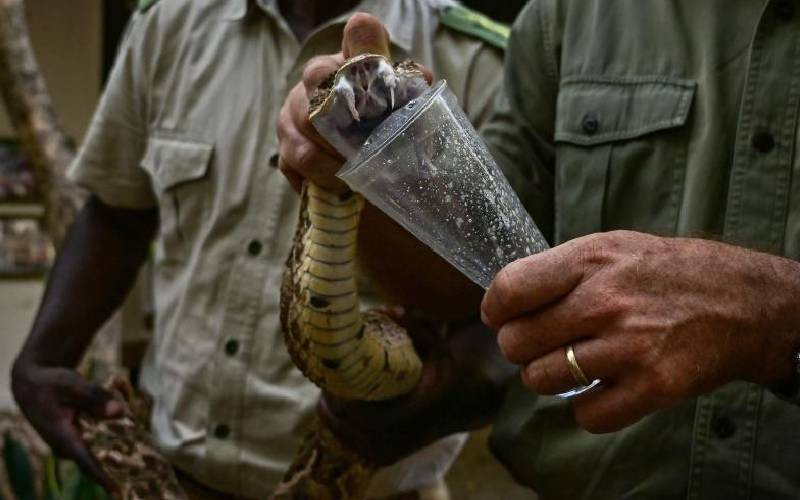×
The Standard e-Paper
Join Thousands Daily

Many people are afraid of snakes and would rather steer clear of the creatures or kill them on sight.
It is no wonder Kenyans were intrigued by presidential candidate Prof George Wajackoya’s pledge to mainstream and capitalise on snake farming.